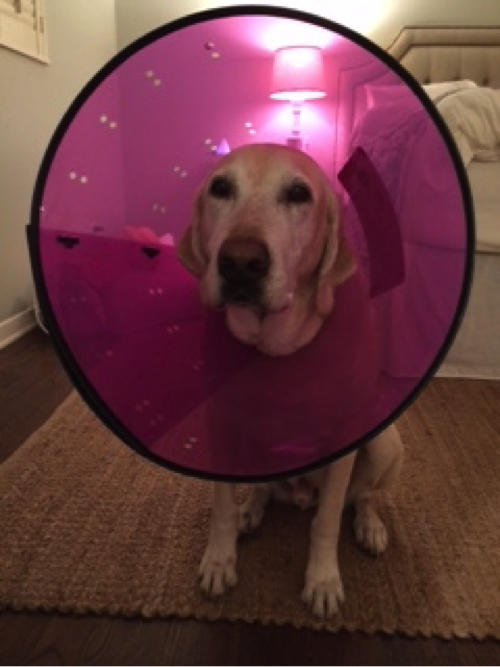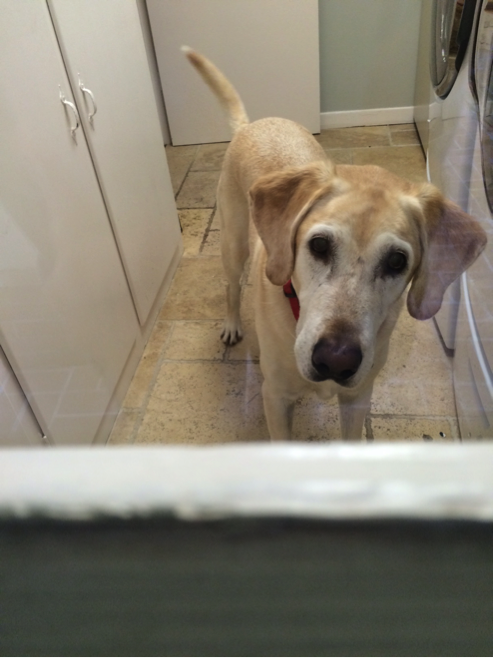Oh my goodness! Have you ever cleaned out – as in removed every single thing in preparation for a move or a remodel – your closet?!?!? HOLY COW. How do we acquire all that STUFF??
“Spring has sprung”, as the old saying goes, and many of us become obsessed with cleaning out closets, drawers, books and clutter. This is a lot like life. All that clutter weighs us down and drains our energy at work, at home and in our relationships. I find it interesting that we are not as excited to embark on a road to an “emotional clearing of the clutter.”
We put up with, accept, take on and are dragged down by things that we may have come to ignore.
Situations, people’s behavior, unmet needs, crossed boundaries, incomplete items, frustrations, problems, and even your own behavior can drain your energy and increase your stress levels. Perhaps we have gotten really good at excusing or minimizing certain things that get in our way of living life to its fullest.
Emotional cleansing is an art form: It takes practice as well as a deep commitment to shifting your thinking. But you can clear out unproductive thinking, negative self-talk and the clutter of past experiences. Just like cleaning out a closet, this kind of cleaning requires a sorting process (what to keep, what to release, what to give away).
Emotional Spring Cleaning Checklist:
1. Clutter. Yes, we’re talking about physical clutter! Messy surroundings are a definite source of stress because cleaning it up is constantly on our “to do” list. Our goal in emotional spring cleaning is to get rid of the excess baggage that’s needlessly occupying space in our brain and holding us back. A great place to start is by getting organized in our living and work spaces.
2. Resentments. Make a list of the people in your life you haven’t forgiven yet, and work on letting go of this negative energy. When you allot negative energy towards people and situations and do nothing about it, it festers and grows, and gets in the way of you being (and sharing) your best self. Try to understand why you’re holding on to it and what the payoff is aside from having something to occupy your mind and keeping your focus off of what’s really important. Do you hold onto resentment because you’re afraid of moving forward? Don’t be afraid to get real with yourself.
3. Excuses. Do you make excuses as to why you don’t go after the things you want in life? When someone suggests something to you that’s out of your comfort zone, do you make excuses as to why it’s not feasible or possible? This is your fear talking. Ask yourself: “Whose voice am I listening to?” Life is about opening your eyes to the opportunities that are available to you. Ignoring or dismissing them will only result in stagnation and lack of growth.
4. Procrastination. Procrastination is the physical result of denial. When you choose not to live in the present and you put things off until “someday”, which inevitably never comes, you’re again using valuable space in your brain and body as a storage space for stress. Abolishing procrastination and taking care of your business in a timely manner sometimes takes willpower and discipline, which may expend more energy in the present moment, but ultimately saves you tons of energy and stress in the end.
5. Wishing/Regrets. When you wish for something, or say, “If only…”, you’re focusing on the future, but in a very passive way. It does absolutely no good to wish for things or to express discontent about the way things are, if you do nothing to change them. The same goes for the past – having regrets about your actions only expresses your inability to see the potential growth that could come from every situation you’re in, positive or negative. Not to mention – you certainly can’t re-write the past, so dwelling on it without reflecting on the lessons is another pointless energy waster. If you find yourself unhappy about your current circumstances, figure out what you can do to change it. If you can’t change the situation, then perhaps choosing to view things differently will help you learn to accept that reality and not stress as much about it.
Why not take some time this weekend to inventory old behaviors and patterns that keep us in a constant state of drama – and clean them out along with the dust bunnies?
As a place to begin, let me encourage you to make a list of what you are putting up with at home, at work, or from outside activities that may be limiting you right now. There is no time like the present to identify those items. You may or may not choose to do anything about them just now, but becoming aware of and articulating them will bring them to the forefront where you will naturally start handling, eliminating, fixing and resolving them.





